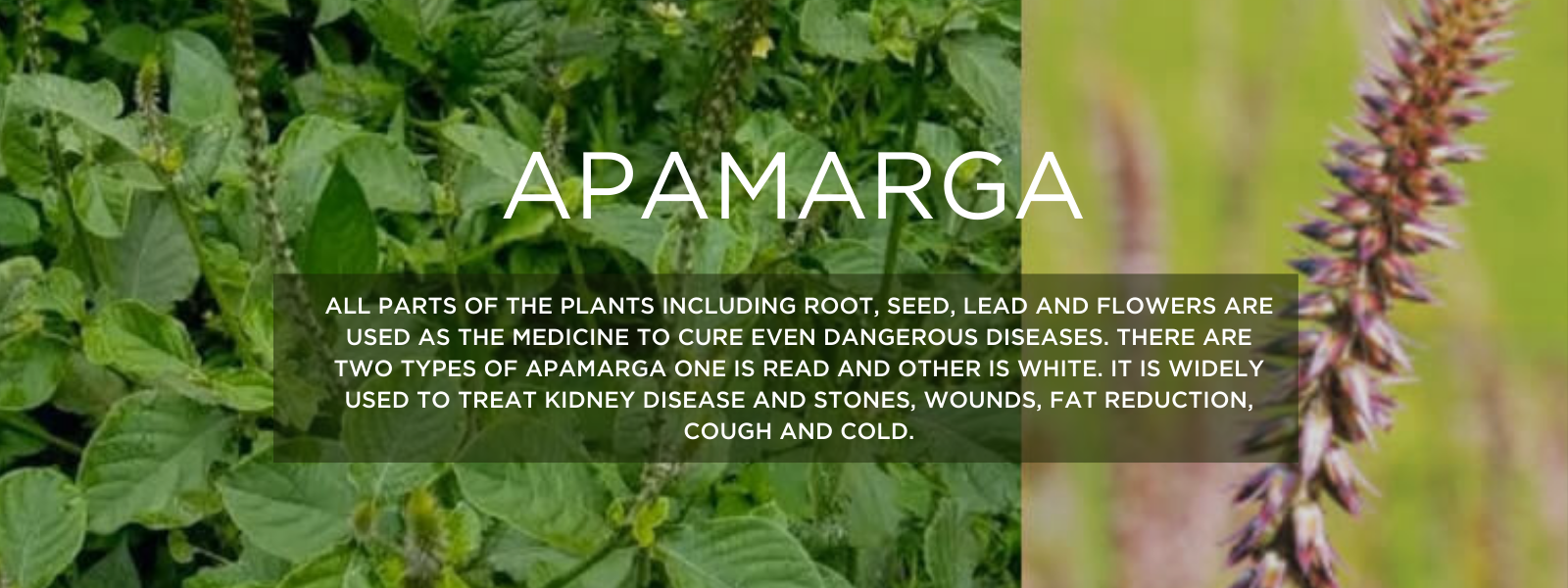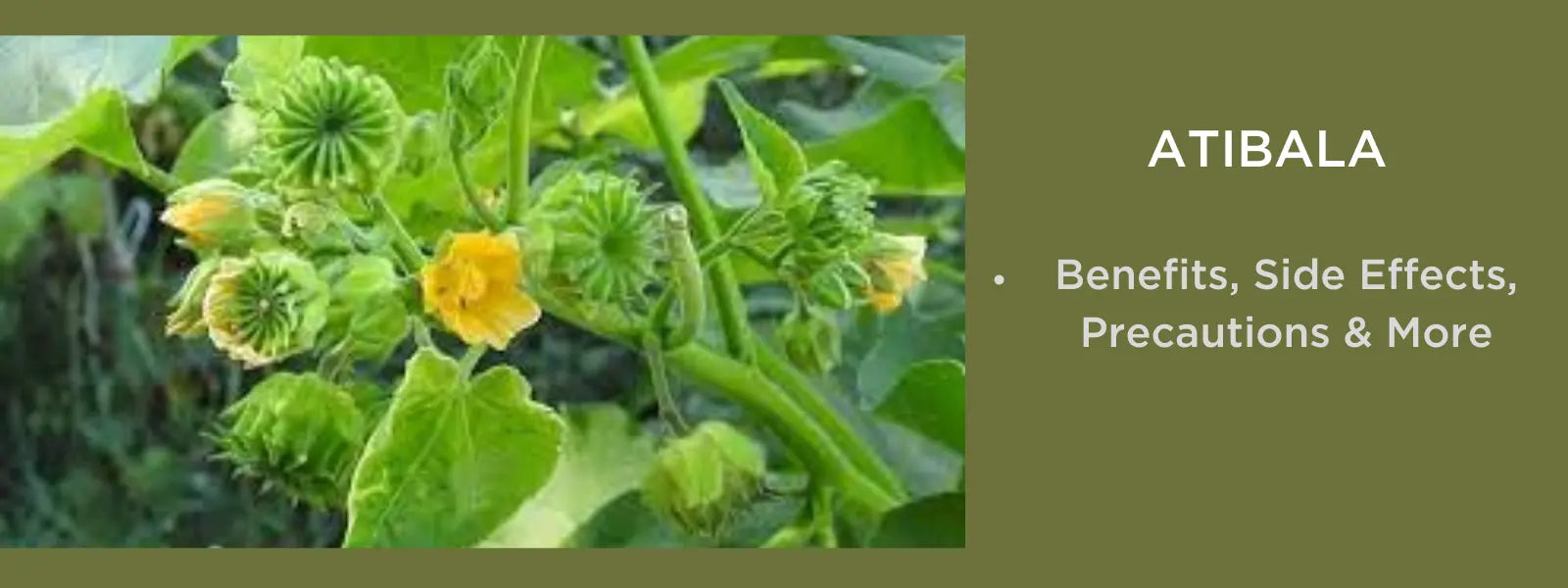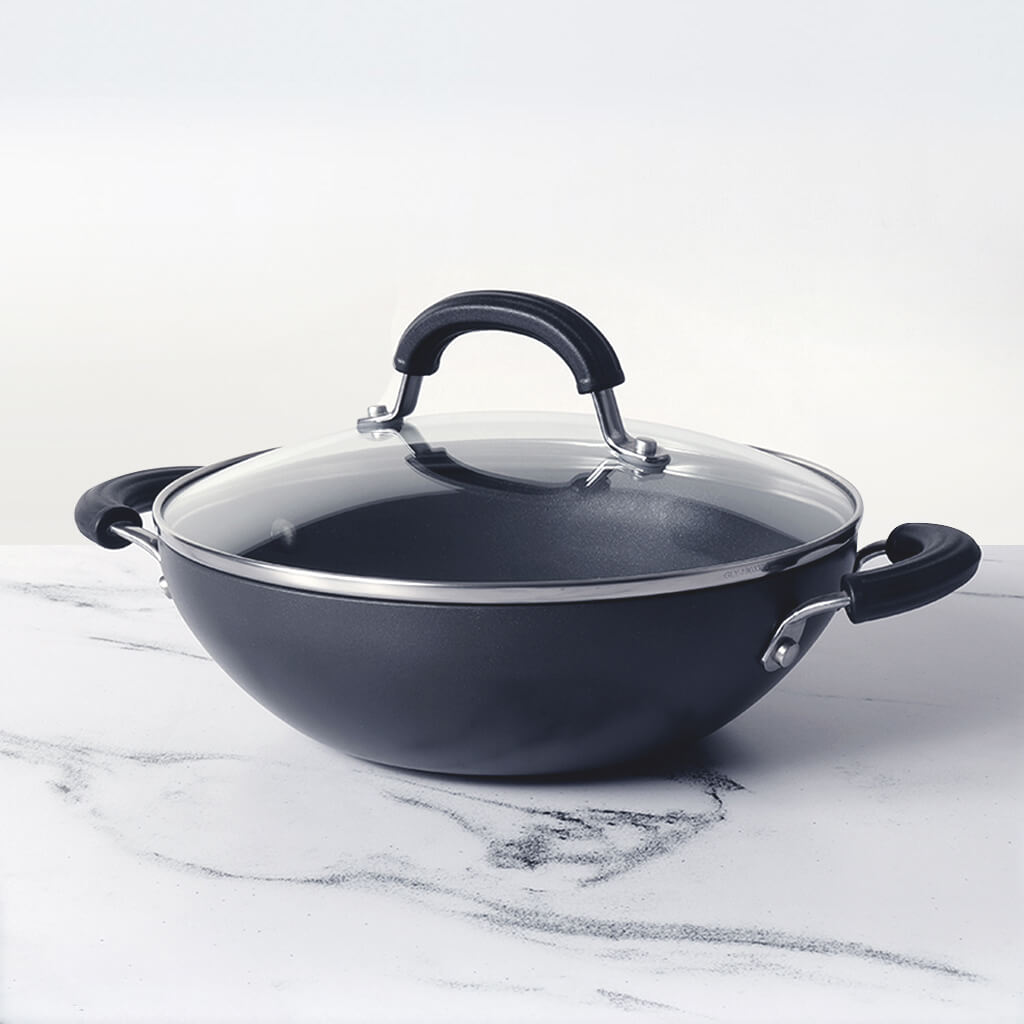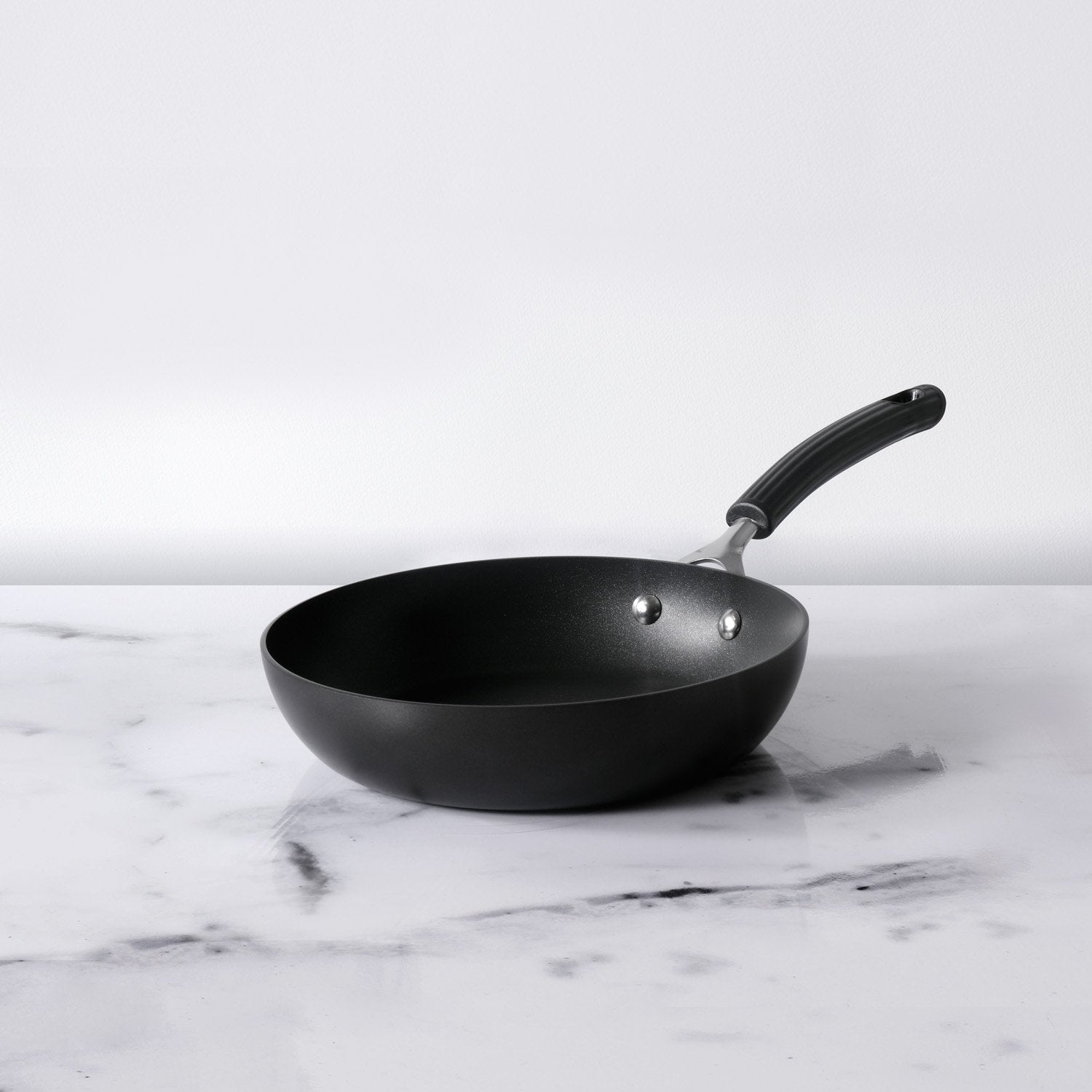Tagara (Valeriana Wallichii) can help with neurological, mental, and digestive problems. In small amounts, it calms the mind, strengthens the nerves, and stops seizures. So, it is used to treat sleep problems (such as insomnia), seizures, and paralysis. It takes away pain and reduces inflammation. So, osteoarthritis and rheumatoid arthritis are treated with it. It works as a digestive aid, a muscle relaxant, and a digestive aid. So, it helps with stomach pain, gas, bloating, feeling heavy in the stomach, and losing your appetite. It also makes the heart muscles stronger and lowers the pressure in the blood. So, it is also in ayurvedic medicines for high blood pressure.
Tagar is a hairy herb that grows in the temperate regions of the Himalayas and Khasia.
Tagar roots help in reducing anxiety and improving sleep as it relaxes the central nervous system due to its sedative and anxiolytic properties. It is beneficial in managing blood pressure by relaxing the smooth muscles and increasing the blood flow due to its blood pressure-lowering activity. Tagar also helps manage muscle pain as it possesses antispasmodic and analgesic properties. In Ayurveda, taking Tagar powder along with milk helps to induce sound sleep due to its Vata balancing properties.
Externally, Tagar helps in managing skin diseases as it inhibits the growth of skin pathogens due to its antibacterial and antimicrobial properties.
Table of Contents
What is Tagar?
Tagar is also called Valeriana officinalis. It is in the family Valerianaceae. It is often called valerian, which is a well-known herb that could be used as medicine. It is used a lot all over the world, but especially in China, Europe, and the Middle East. The word "valerian" comes from the Latin word "Valere," which means "health" or "well-being." Tagar has rhizomes, which are like horizontal roots, roots, and stolons, which are like horizontal stems that can break apart. There are about 200 species of tagar in Asia, Europe, and North America.
Tagara in Ayurveda:
Tagar is a perennial herb with hairy leaves that has been used as medicine for a long time. Most of the Ayurvedic texts talk about it in a very important way. Tagar is also called Valeriana wallichii, and it is in the family Valerianaceae.
Traditional names for it include Nat (bent), Vakr (irregular shape), Kutil, Nahush, Tagarmula, Sugandhbala, Mushakbala, Asarun, and Sugandhbala. In English, it is usually called Indian valerian. Tagar is a leafy, slightly hairy perennial herb that grows in the temperate zones of the Himalayas, from Kashmir to Bhutan. It can grow up to 40 to 45 cm tall.
The leaves are 2.5-7 cm long and sometimes have more than one leaflet. The flowers only have one sexe and are white or slightly pink. There are two classic types of Tagara: Nighantus Tagara and Pinda Tagara.Different Properties of Tagar: Ancient ayurvedic Acharyas have mentioned Tagar for its different properties. Some of them have described it as...
Chakshusha- beneficial for the eyes
Sirsa dosaghna- alleviates the diseases of the head
Aksepahara-anticonvulsant
Dipana-appetizer
Mutrajanan- diuretic
vishaghna–anti-toxin
Vedana Sthapana-analgesic
Hridaya-cardio tonic
Yakrduttejaka-hepatoprotective
Balya- tonic
Kusta–antileprotic
Kaphaghna–mucolytic
Shwashara-bronchodilator
Jwaragna- antipyretic
Bhutapasmara nasan-a remedy for epilepsy and hysteria
Health benefits of Tagara:
- Wound Healing: Tagara is a well-known and often-used herb that has been shown to heal wounds. It can be taken by mouth or put on the outside of the body. It is put on wounds on the outside to help them heal.
- Joint Pain: It works well for arthritis, gout, and other rheumatic conditions. It can be made into a paste and used to treat swelling and pain in joints affected by rheumatism. It loosens up tight muscles, so it can also help with shoulder and neck tension.
- Headache: An ointment made from satpuspha (Anethum sowa), yasti (Glycyrrhiza gabra Linn), kushta (Saussurea lappa Linn), tagar, and chandana can be used to treat headaches, chest pain, and shoulder pain in yakshma patients (Santalum album Linn)
- Antispasmodic: The herb is also known to have antispasmodic effects, which is why it is used to treat mild tremors, epilepsy, and attention deficit hyperactivity disorder. It can also be used to treat milder conditions like gastro-intestinal spasms and minor peripheral muscle spasms.
- Sleeping Disorder: Most of the time, Tagar is used to treat sleeping problems, especially the inability to sleep (insomnia). It works as a sedative and helps you fall asleep. It is often used instead of stronger synthetic sedatives like benzodiazepines to treat sleep problems caused by stress and anxiety. The Valerenic acid in the roots of Tagar stops enzymes from breaking down GABA in the central nervous system. This raises the amount of GABA in the body and slows down CNS activity, making people feel sleepy.
- Anti-anxiety: Tagar can be used to treat anxiety and almost any other condition caused by stress. In general, it makes the mind calmer and helps the body relax. It helps get rid of toxins and works right on the nerve channels.
- Nervine Tonic: Tagar is also known as a nervine tonic because it calms the nervous system and strengthens it at the same time.
- It has been shown to be very effective in treating nervous disorders like nervous agitation and hysterical states.
- Digestive: Tagar has a bitter taste, and its bitter gunas have been used to improve digestion and increase appetite. The carminative and bitter properties help stimulate the appetite and treat indigestion and a few other digestive problems like constipation, diarrhea, and digestive ulcers.
- Ancient texts called Tagar a mutrajanan, which means it is a diuretic. Since it makes you pee, it helps with dysuria.










Leave a comment